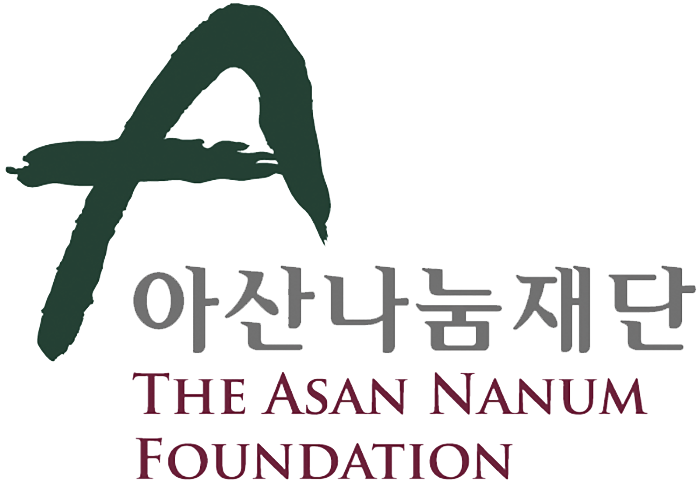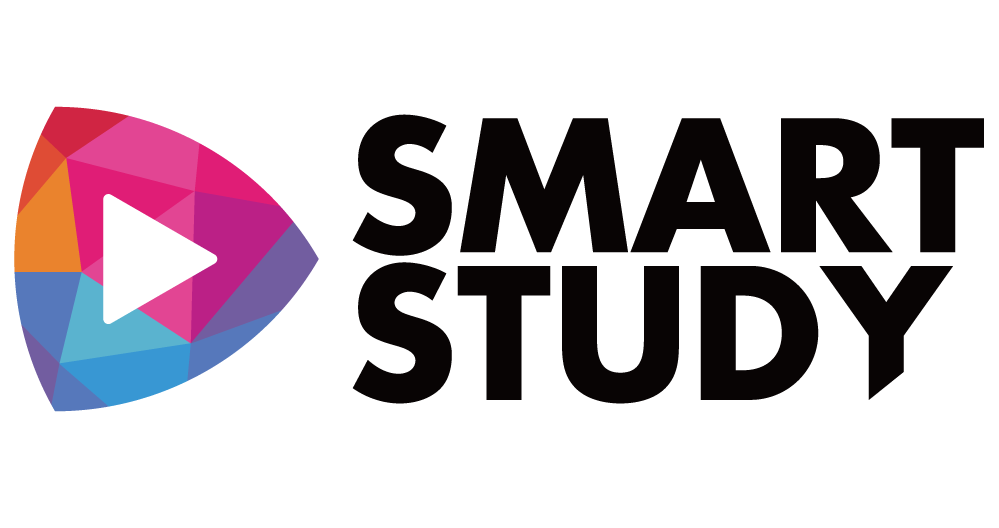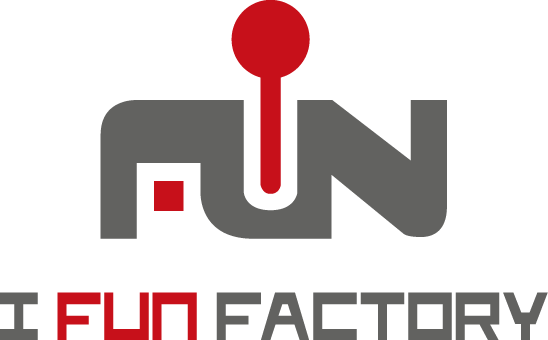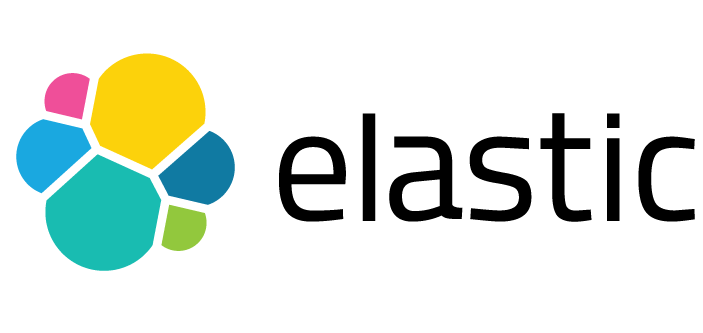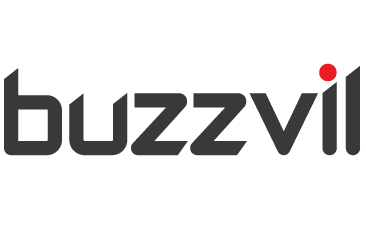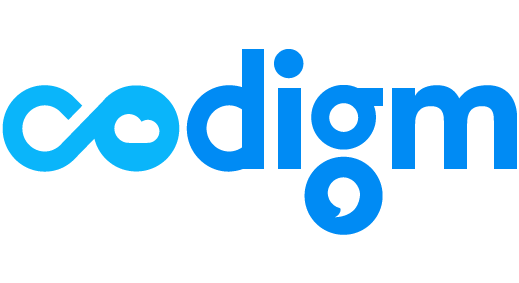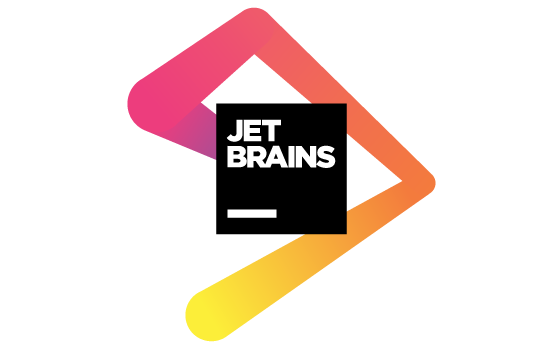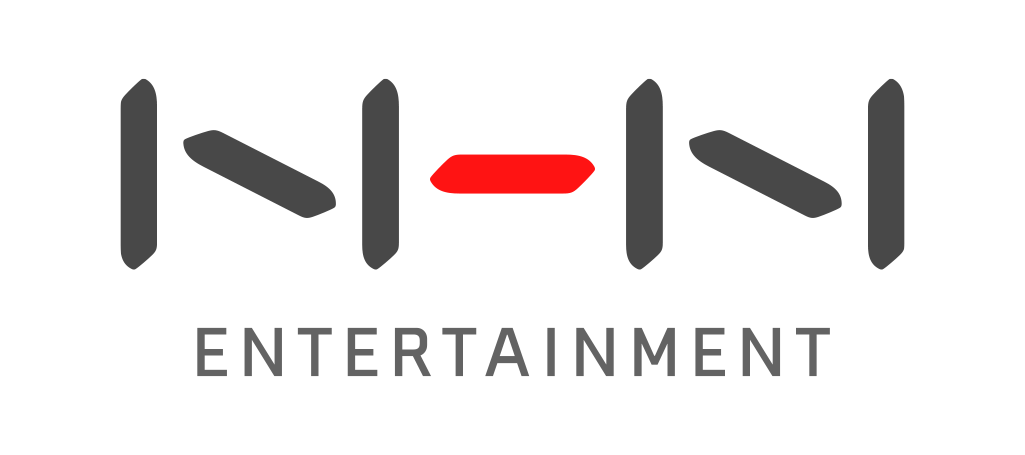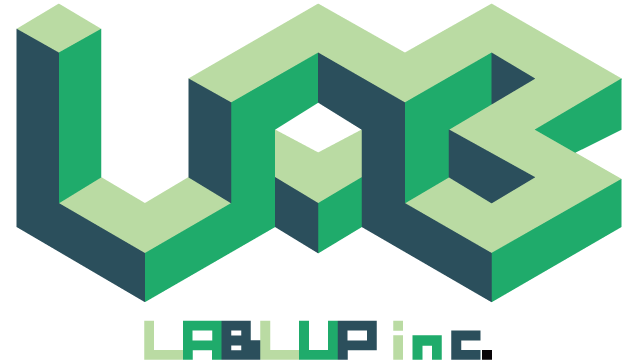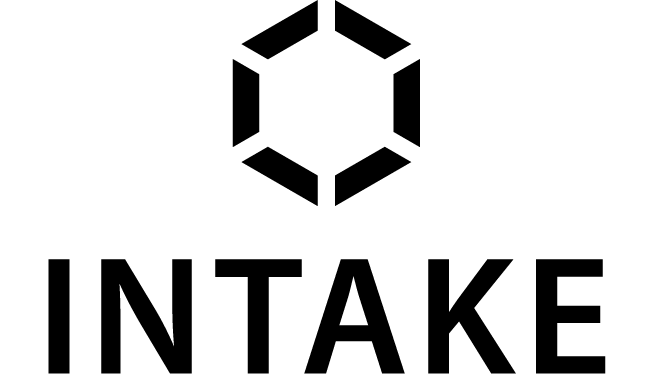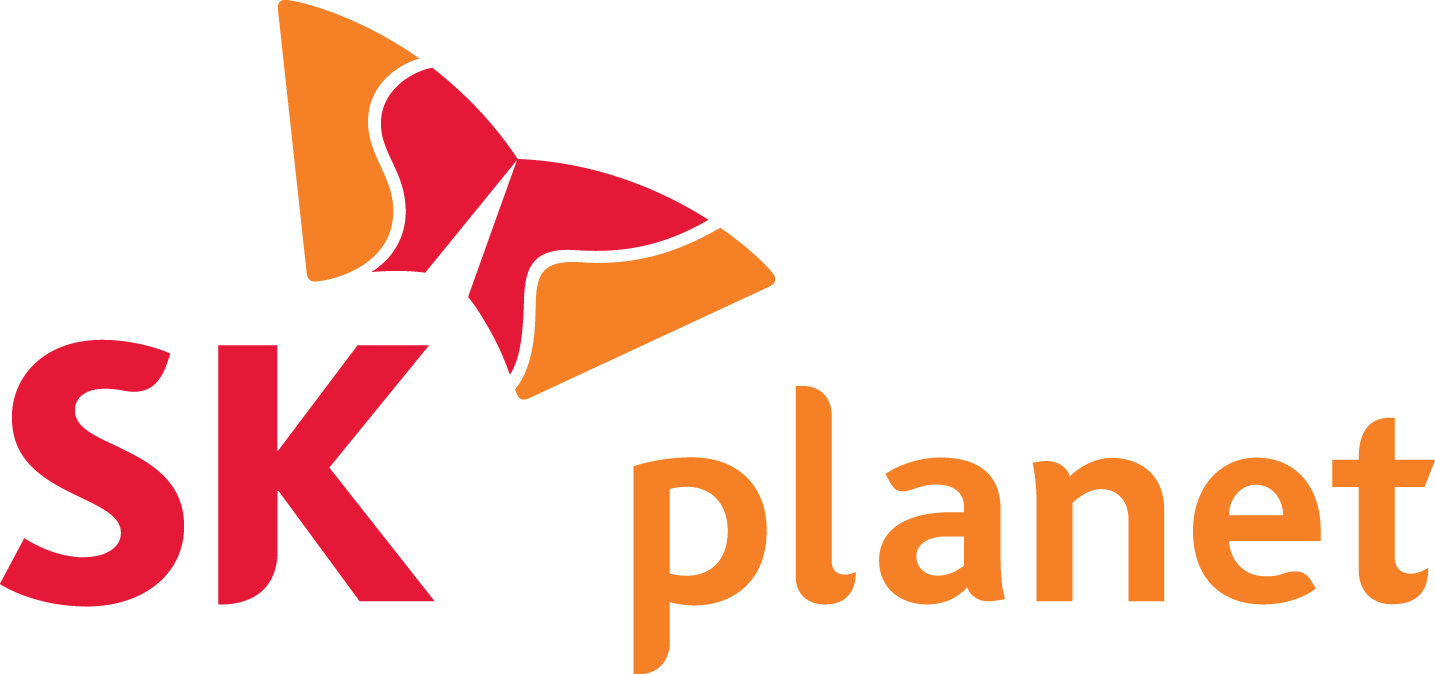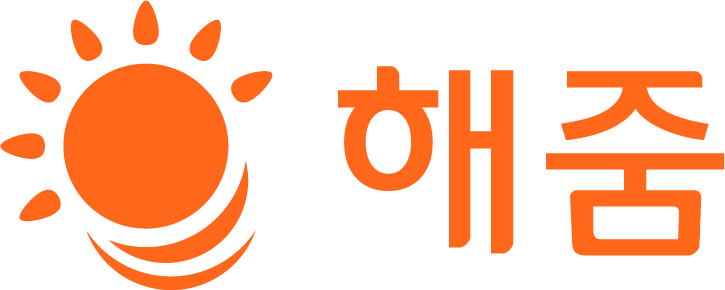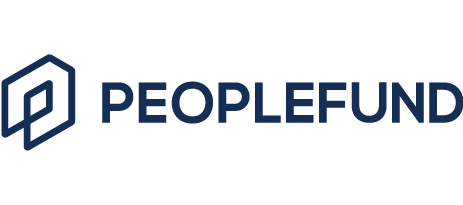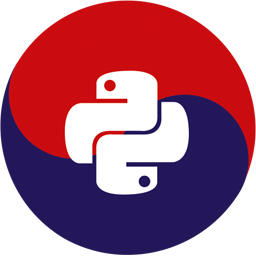How to propose
This page has written to provide detailed information for speakers of PyCon Korea 2017. Below information and suggestion will guide your presentation to be more informative and persuasive to audience in PyCon Korea 2017.
Speaker's guide to PyCon Korea 2017
All session of PyCon Korea 2017 will be recorded and open to public after conference. Please consider this before you submit your proposal.
PyCon is Python community's voluntary event. Please understand we are not able to provide all the material expense supports (pay, expenses, free tickets) to our speakers. Regards on this matter, please visit [Financial Aids] and [Patron Ticket] page explains about PyCon’s main value and philosophy "Everybody Pays".
Also, first screened proposal will be voted by early bird ticket holders. The purpose of this vote is to find out preference and interest of sessions and rate those voted proposals. Program team will select final speakers based on preference vote to make this event more fun and enjoyable to as many audience as possible.
For the last, please understand the moment you submit your proposal and till it get selected, there will be continuing communication with program team. We recommend you to submit your proposal earlier before its deadline to communicate with program team to build your talk session more fun and informative.
If you’re all familiar with guidance now, are you ready to start your proposal?
Before you start to fill your proposal
There are a few things to consider before working on proposal.
- What is your main topic? What would you like to talk about?
- Who is your target audience?
- What can your audience get from your talk?
- How would you manage time in your session?
Also, below information must be included in your proposal.
- Title
- Summary of your talk
- Details of your talk
- Note or Question (Only PyCon program team can view this section, so feel free to write in any form)
- Target audience
- Prefer time slot(25min or 40min)
- Langauge (Korean/English)
Only title, summary, details, target audience, time slot, and language will open to early bird holders during preference vote.
Do you feel a little bit pressured with all these criteria? Don't worry! Real guidance is now here. We'll help you with detail information to work on your proposal.
Select topic
The best way to select topic is to review topics from previous PyCon event. Not only look for topic, but also get the reference from presentation slides will help you start. Choose interesting topic for audience!
Once you decide your topic, now you can start thinking about what should be on your proposal in detailed level. Check below information for help..
Good proposal vs Not good proposal
Good proposal
- Include below information on your summary/details section.
- What kind of back ground does audience need to understand this talk?
- What will audience gain after attend this talk?
- Write presentation flow and estimate time of your talk.
- If your topic is not familiar to most of Python users, Please include blog address, wiki, source code to help understand topic.
Not good proposal
- Please avoid deliver only simple information such as how to use or advertise your(or your company's) products. However, If you have case at company where you solve programming issue or open source project that helps to audience is more then welcome.
- Proposal should be completed and detailed. Incomplete proposal is not acceptable.
How to target your audience
A good presentation delivers right information to specific target audience with certain Python level. Means, It’s not a good to talk about solve performance issue to release GIL within C code block which is generated by Cython to beginner level audience. Other cases, basic introduction of Cython or GIL is too easy for expert level audience.
Just like an example above, some cases are easier to select audience than others. but, not all cases are this easy! For those who needs little more guide line on target audience selection, we have few things to tell you.
Beginners
None or little bit of knowledge about Python. They have basic syntax and control flow knowledge but don’t have much of knowledge or experience in standard library and programming in general.
For topic for beginners, topic like "experience with python" or "how to become intermediate in python programming skill" would be appropriate. Like Pandas or Django, not a built-in package of python is not for beginners.
Intermediate
Usually, intermediate level audience like to know how python can be utilized in other programming area. Most of them used python for a long time but have less experience in how python can be utilized and used in many other area such as machine learning or data analysis.
For this target audience, use of web framework, machine learning, web traffic monitoring, and automation could be a good topic. Please understand a proposal for intermediate level users may asked to modify its contents to beginner or expert level after review from program team.
Expert
Expert level users are familiar with python programming and general concept of programming. A difference between intermediate and expert is the knowledge and experience of specific field they are in and higher level of programming knowledge.
For expert level users, optimization, internals of library, or Python internal is recommended.

